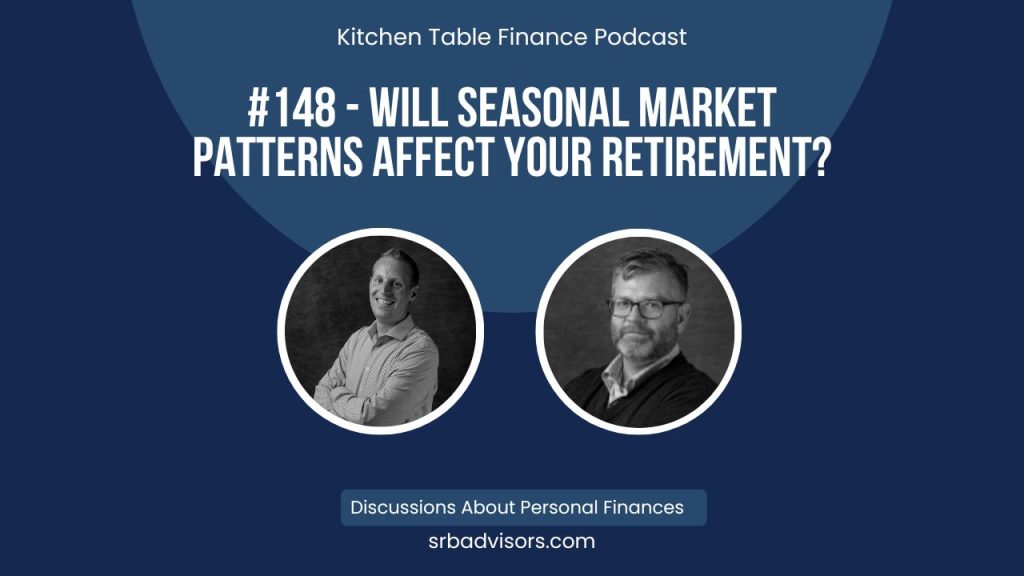Ep 148 – Will Seasonal Market Patterns Affect Your Retirement?

Podcast: Play in new window | Download
A lot of people might think it is the Christmas season, but as investors for the past twenty or so years, it also means that there are some different opinions on the market during this time of year.
Watch on YouTube HERE
We’re talking about market patterns and our pre-programmed human need to look for patterns.
An example of this is the stars in the night sky. When anybody looks at them they search for common shapes. Whether it’s the Big Dipper, Orion, or you make up your own, that’s as old as human civilization and history.
Articles in The Wall Street Journal, Investor’s Business Daily, and some others are reporting that we are going to get a Santa Claus rally this year.
The Santa Claus rally is a historical little bump that has been observed in the markets at the end of the year. One thought has been that consumers are out spending their money which is good for companies, which is also good for the stock market. But this historical bumper on Christmas isn’t our focus for today.
You can typically find a pattern if you look hard enough. Analysts will switch the dates on you, where one year it is before Christmas and another year it is after Christmas. Before you know it, it gets to the point where it’s almost meaningless.
Perceived Patterns to the Market
There have been perceived patterns in the market such as The January Effect, which is a little more pronounced rally effect in the stock market. If you look at the statistics from 1929 to 1999 for large company stock, the average return in January was a positive 1.7% average over that period.
For small company stocks it was 2.9, so historically that’s a pretty sizable jump.
From 1999 to the present, it’s reversed in that the average for large companies is now actually a slight negative three-tenths of a percent. For small companies, it’s still positive but it’s tiny, like a tenth of a percent.
So, we’ve seen this historical outperformance in January that then over the last twenty-five years or so has dissipated.
Has Something Changed About January?
There is something about the markets or the economy that used to happen in January that doesn’t happen now. Another thing to keep in mind with these seasonal patterns is that you get a few years of something happening in a particular month one way or the other and a random event skews the numbers. October and September have historically been the worst months of the year for the market. There are a few bad outliers that happened in October or September that skew those numbers Nine Eleven being one of them.
Keeping all of this in mind, you can conclude that it is just randomness and coincidence that’s creating these skews one way or the other. If you’ve got a pattern that is real and observable, the chances are it’s going to go away over time because people are going to try to take advantage of it and the mere act of taking advantage of it mutes it.
These patterns may or may not exist. They may just be the effect of randomness and certain events occurring at certain times. And they’re probably going to go away on their own.
At the end of the day, this boils down to the long-term averages that matter. To be in the market and be resilient you invest and don’t worry about the seasonality because you’re not worried about twelve months you’re worried about the next two decades.
To our listeners: If you have any questions on this topic or any other topics feel free to email us at info@srbadvisors.com. We would love to hear from you.
Share post:

